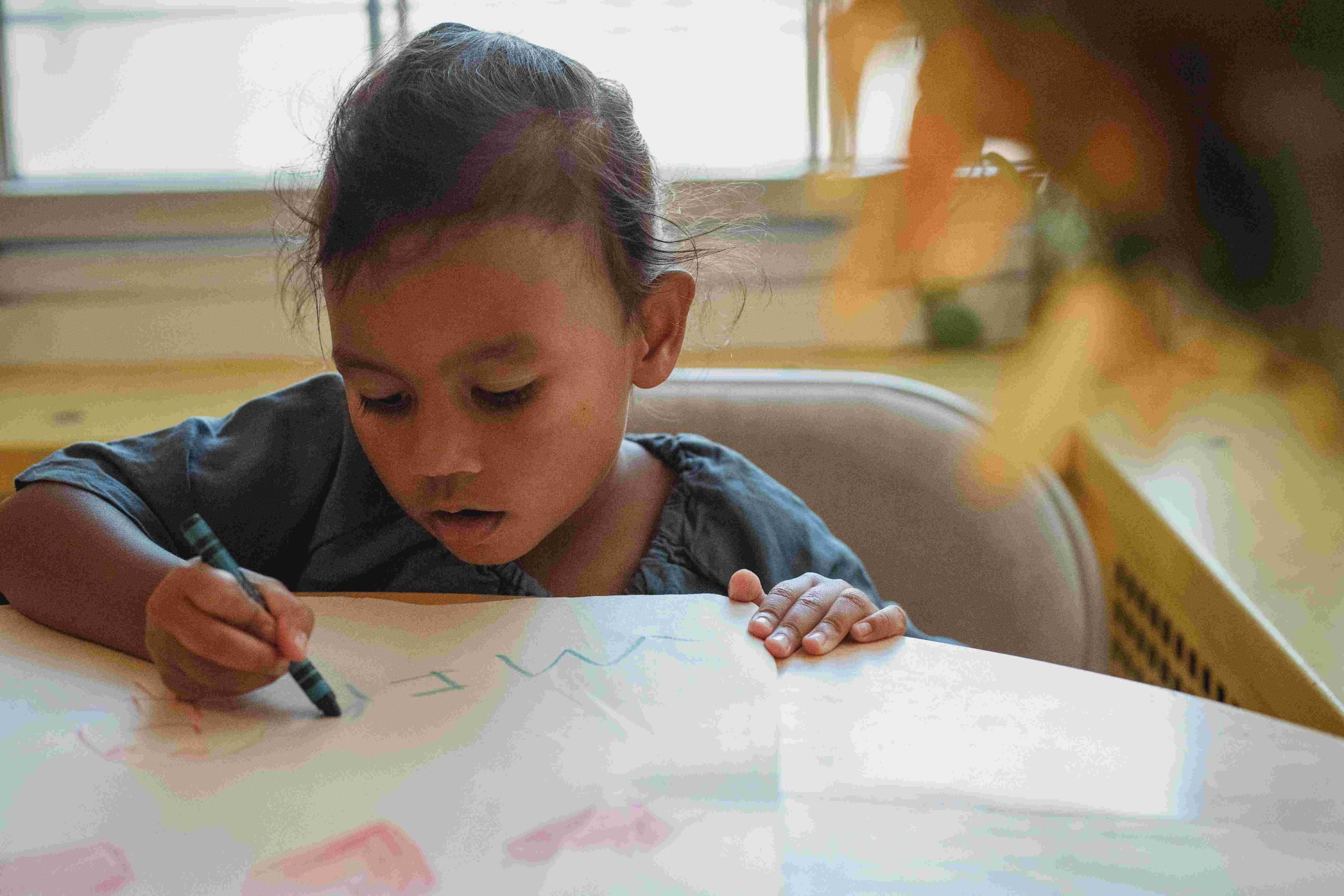
Understanding the Development of Early Cognitive Skills in Preschoolers
Preschoolers begin to develop their reasoning abilities concurrently with their cognitive capacities. Reasoning, which is vital for critical thinking and problem-solving, involves reaching inferences or conclusions based on available information. Understanding how preschoolers think can enhance their cognitive development. This article examines various aspects of preschoolers’ thinking, how these evolve over time, and strategies for parents to encourage their development.
Deductive and Inductive Reasoning
Deductive Argumentation
Inductive reasoning, drawing broad inferences from specific observations, is a process preschoolers are just beginning to grasp. Exposure to organized games like puzzles aids in this skill’s development.
Advantages:
- Enhanced comprehension of broad ideas and patterns.
- Establishment of order and understanding of the environment.
Disadvantages:
- Difficulty in drawing inferences from specific observations, especially without exposure to organized play activities.
- Challenges in identifying patterns or similarities without varied experiences.
Deductive Analysis
Deductive reasoning, drawing specific inferences from broad premises, demands abstract thinking beyond preschoolers’ current capabilities.
Advantages:
- Improvement with age and increased life experiences.
- Understanding of cause-and-effect relationships and logic.
Disadvantages:
- Not developmentally appropriate yet, leading to challenges.
- Introduction too early can cause frustration and misunderstanding.
Critical Thinking and Problem-Solving
Critical thinking involves making informed judgments or conclusions based on evaluating information and evidence, a skill preschoolers are just starting to acquire.
Advantages:
- Continuous improvement throughout life.
- Development of logic and reasoning beneficial in academic and professional contexts.
Disadvantages:
- Difficulty in assessing facts and evidence, particularly without sufficient practice.
- Challenges in forming deliberative judgments, given developmental limitations.
Problem-solving, finding answers to complex situations, is another skill preschoolers are beginning to develop.
Advantages:
- Continuous development as a crucial cognitive skill.
- Development of confidence and independence.
Disadvantages:
- Difficulty in solving problems, especially without prior opportunities.
- Challenges in addressing complex problems, particularly without a full grasp of time concepts.
Common Mistakes in Preschoolers’ Thinking
Preschoolers’ cognitive development includes overcoming common mistakes such as centration, egocentrism, and challenges in understanding conservation.
Promoting Preschoolers’ Reasoning Capabilities
Strategies for parents and teachers include open-ended discussions, age-appropriate puzzles and games, and opportunities for exploration in various environments.
The Role of Play
Play, especially pretend play and construction play, is crucial for developing preschoolers’ cognitive skills, including reasoning.
Obstacles to Development
While encouraging thinking is beneficial, some children may develop logical thinking skills more slowly due to various factors. However, activities like board games, puzzles, and asking open-ended questions can aid in their development.
Conclusion
Preschoolers’ reasoning skills are fundamental for their academic and life success. By providing opportunities for exploration, inquiry, and critical thinking, parents and educators can help lay a strong foundation for their future learning and achievements.
It’s important to recognize that each child develops thinking abilities at their own pace, and patience and encouragement are key in fostering their reasoning skills in engaging ways.
As educators and parents, it’s our responsibility to support preschoolers in acquiring the skills they need for success. Emphasizing reasoning abilities and providing opportunities for discovery, inquiry, and critical thinking are essential in this process.


